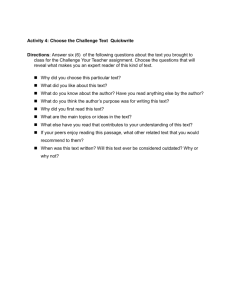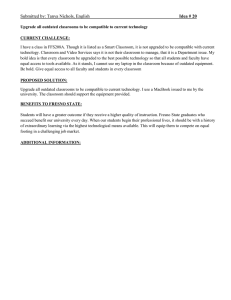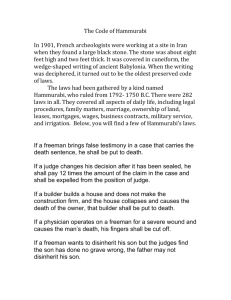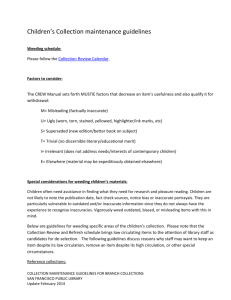Ethics Essay
advertisement
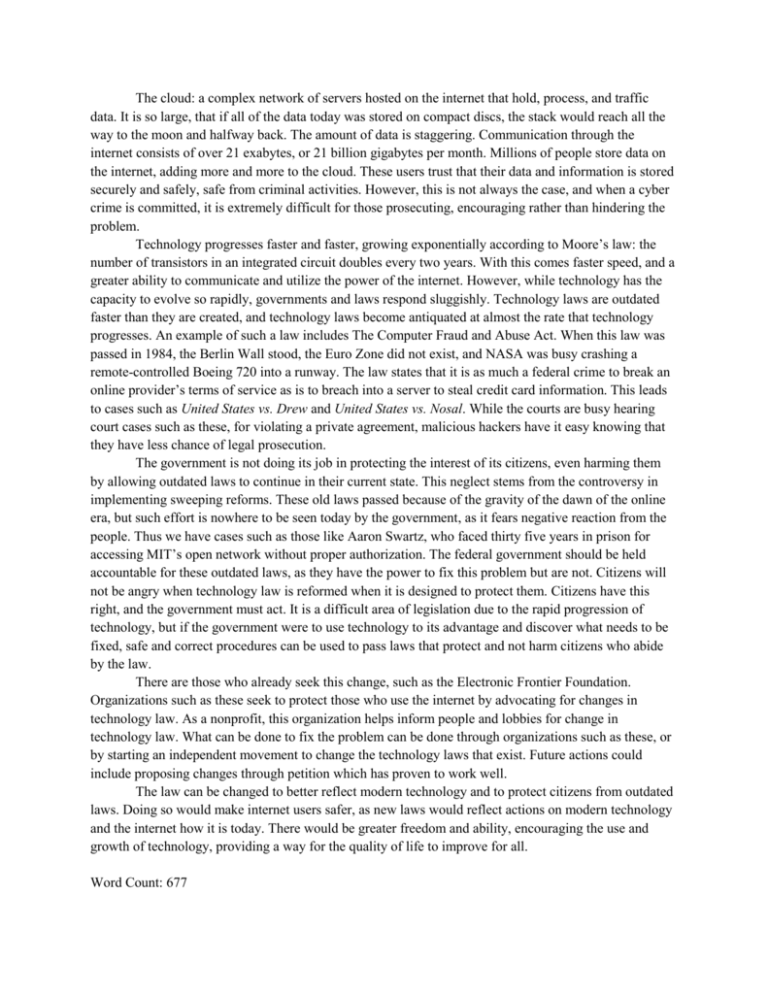
The cloud: a complex network of servers hosted on the internet that hold, process, and traffic data. It is so large, that if all of the data today was stored on compact discs, the stack would reach all the way to the moon and halfway back. The amount of data is staggering. Communication through the internet consists of over 21 exabytes, or 21 billion gigabytes per month. Millions of people store data on the internet, adding more and more to the cloud. These users trust that their data and information is stored securely and safely, safe from criminal activities. However, this is not always the case, and when a cyber crime is committed, it is extremely difficult for those prosecuting, encouraging rather than hindering the problem. Technology progresses faster and faster, growing exponentially according to Moore’s law: the number of transistors in an integrated circuit doubles every two years. With this comes faster speed, and a greater ability to communicate and utilize the power of the internet. However, while technology has the capacity to evolve so rapidly, governments and laws respond sluggishly. Technology laws are outdated faster than they are created, and technology laws become antiquated at almost the rate that technology progresses. An example of such a law includes The Computer Fraud and Abuse Act. When this law was passed in 1984, the Berlin Wall stood, the Euro Zone did not exist, and NASA was busy crashing a remote-controlled Boeing 720 into a runway. The law states that it is as much a federal crime to break an online provider’s terms of service as is to breach into a server to steal credit card information. This leads to cases such as United States vs. Drew and United States vs. Nosal. While the courts are busy hearing court cases such as these, for violating a private agreement, malicious hackers have it easy knowing that they have less chance of legal prosecution. The government is not doing its job in protecting the interest of its citizens, even harming them by allowing outdated laws to continue in their current state. This neglect stems from the controversy in implementing sweeping reforms. These old laws passed because of the gravity of the dawn of the online era, but such effort is nowhere to be seen today by the government, as it fears negative reaction from the people. Thus we have cases such as those like Aaron Swartz, who faced thirty five years in prison for accessing MIT’s open network without proper authorization. The federal government should be held accountable for these outdated laws, as they have the power to fix this problem but are not. Citizens will not be angry when technology law is reformed when it is designed to protect them. Citizens have this right, and the government must act. It is a difficult area of legislation due to the rapid progression of technology, but if the government were to use technology to its advantage and discover what needs to be fixed, safe and correct procedures can be used to pass laws that protect and not harm citizens who abide by the law. There are those who already seek this change, such as the Electronic Frontier Foundation. Organizations such as these seek to protect those who use the internet by advocating for changes in technology law. As a nonprofit, this organization helps inform people and lobbies for change in technology law. What can be done to fix the problem can be done through organizations such as these, or by starting an independent movement to change the technology laws that exist. Future actions could include proposing changes through petition which has proven to work well. The law can be changed to better reflect modern technology and to protect citizens from outdated laws. Doing so would make internet users safer, as new laws would reflect actions on modern technology and the internet how it is today. There would be greater freedom and ability, encouraging the use and growth of technology, providing a way for the quality of life to improve for all. Word Count: 677

